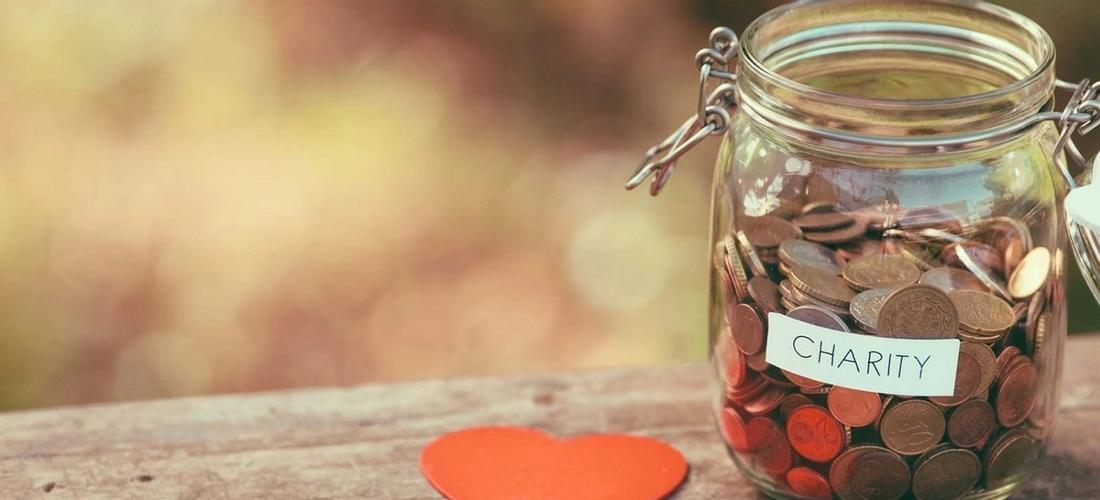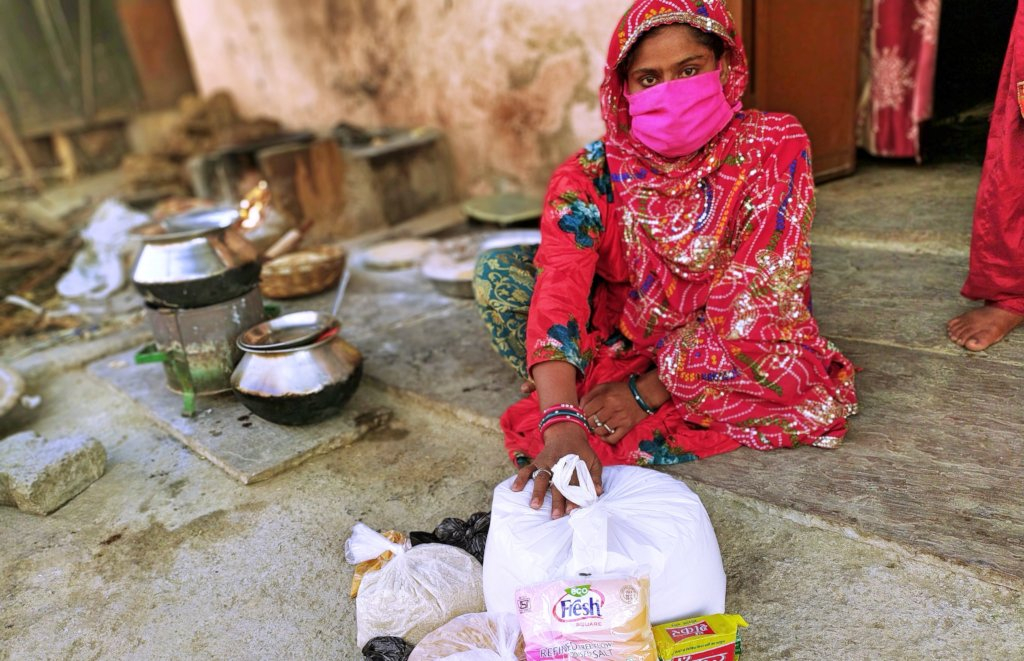Thinking about Charitable Giving in a New Way – Moving from the Mindset of Scarcity to Abundance
Community
|
May 31, 2022
|
3 MIN READ

Image source: Pexels
By Dilnaz Waraich
Charitable giving is strongly encouraged in Islam and even required through yearly zakat giving, with the month of Ramadan being a time where acts of charity (whether monetary donations or helping others in a variety of ways) ramps up exponentially.
Millions of dollars are especially donated yearly to Islamic-based charities during Ramadan, but charitable giving isn't limited to that one month.
Indeed, thinking of other, and of giving back is something most of us are taught from an early age. Philanthropy is deeply rooted in the Muslim faith, as well as my own.
When I was a child, the month before Ramadan my immigrant parents would sit at the kitchen table with my sister and me to discuss how our family could give back. They would tell us about a family relative back in India who could use our help. Maybe it was for something critical, like surgery; or something invaluable, like education; or something practical, like a sewing machine!
My working class family’s support was not extravagant, but we did what we could. This experience taught my sister and me that, even as kids, we had the power to make a transformational difference in others’ lives.
My husband and I are fortunate to continue the tradition of sitting at the kitchen table with our two sons to discuss our family values and the organizations we want to support in our community.
During one of those conversations a few years ago, we realized we weren’t prioritizing Muslim American-led nonprofits in our philanthropic giving – so we decided to change that.
Wanting to understand the challenges those organizations faced, I reached out to our grantees. From our discussions, I could see the resilience and humility these organizations possessed. Without connection to the broader philanthropic community and funding support, these organizations were caught in a mindset of scarcity.
My family was curious if these Muslim-led nonprofits could be supported in a way that could help them move away from a scarcity mindset to a mindset of abundance. The outcome of that family discussion was the funding of a three-year study project called the Community Collaboration Initiative (CCI) that has been focused on building trust and a collaborative culture among a select group of Muslim-led organizations.

Image from a charitable giving campaign for COVID relief in India.
For the past two years, these organizations have worked closely with CCI to deepen their collaborative skills. In 2022, the third and final year, these organizations have formed five teams working towards common goals.
To incentivize the organizations for participating in this time-intensive process, CCI launched the $1.5M Muslim Collaboration Prizes, at the Indiana University Lilly Family School of Philanthropy, to foster a more collaborative mindset.
The prizes include an “equitable twist” in guaranteeing a minimum award of $50,000 for any team that goes through the application process. In addition, rather than competing against each other, teams could receive up to $200,000 based on the evaluation of their applications against a set of criteria that assesses the quality and depth of the collaboration, and the long-term impact of proposed projects.
These prizes are the culmination of an ongoing effort to help our Muslim nonprofits move away from a mindset of scarcity to a mindset of abundance and help them increase the collective impact of their work.
If you are interested in learning more about the Muslim Collaboration Prizes, please contact me at dwaraich@iu.edu.
Dilnaz Waraich is the President of the Waraich Family Fund. This article is adapted from the original version, which appears here.
Subscribe to be the first to know about new product releases, styling ideas and more.
What products are you interested in?

